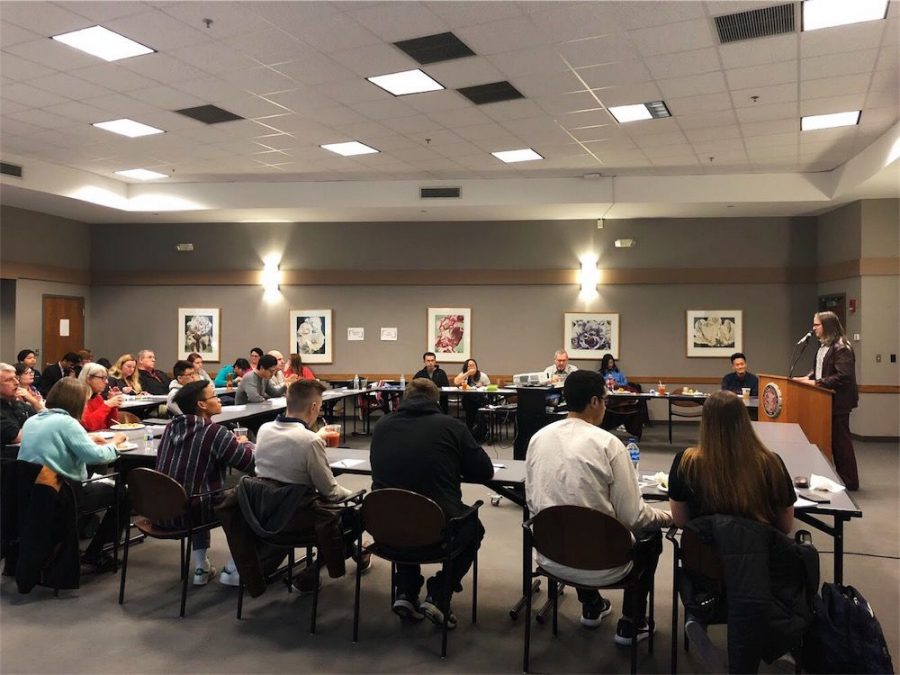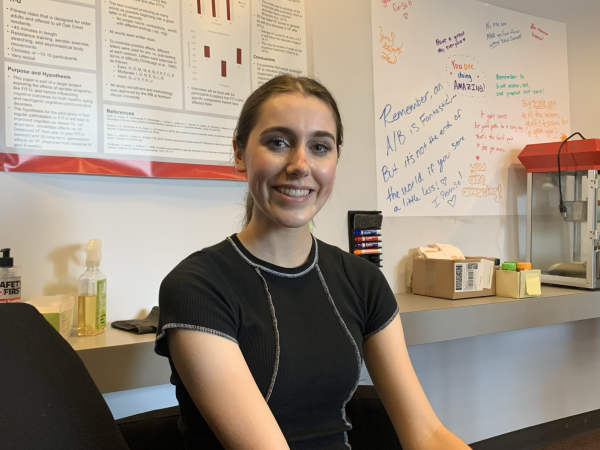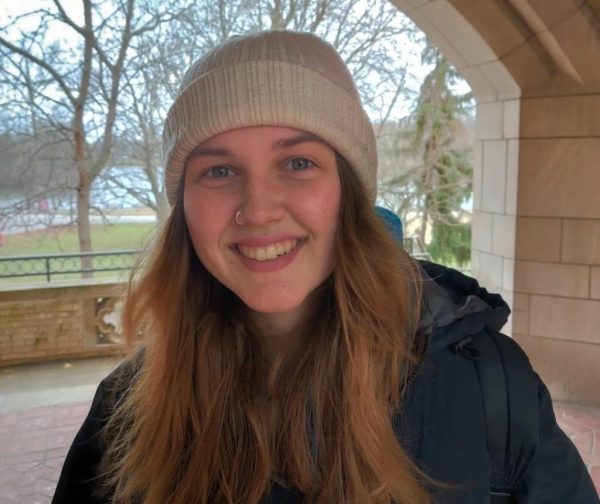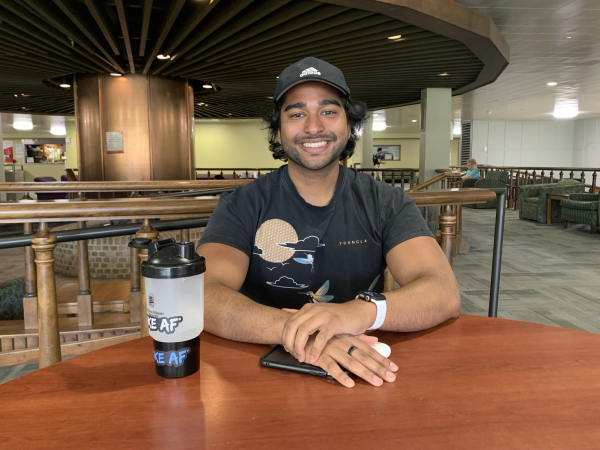Lecture series explores different Southeast Asian cultures
Attendees of the Southeast Asia Lecture Series gathered in the Campus Life Building for Thai food and a featured speaker Friday.
October 31, 2018
DeKALB — The Center for Southeast Asian Studies offers a community for students to learn about Southeast Asian culture through weekly lectures presenting expert academic research.
The Center for Southeast Asian Studies’ goal is to spread knowledge and a better understanding of Southeast Asia’s 11 countries, through public outreach and academic endeavors, according to its website. Every Friday, the center hosts a speaker in a different area of study regarding Southeast Asian history and culture.
Eric Jones, director for the Center for Southeast Asian Studies, said having these weekly lectures is extremely beneficial to students.
“Having these professors come in and connect with the students is a great way to not only build a knowledge base for Southeast Asian culture but also expose them to learned scholars,” Jones said.
Jones also said the weekly lecture series they host has been established since 1990. He said throughout the years, NIU has had many expert scholars come and share their research in their specific area of study.
He said he believes the weekly lectures connect the students with vital resources, such as the speakers themselves.
“These lectures bring exposure to some of the most cutting-edge, innovative scholars and research on Southeast Asia across an impressive range of fields,” Jones said.
He said there is a lunch available at every lecture which ties to the culture of the presentation and is provided through the Brown Bag group.
“The different lunches we have available for purchase allow students to not only learn about different cultures but also taste the different food which relates to the different parts around the world,” Jones said.
Kirsten Amstutz, anthropology graduate, said she is pursuing a certificate in Southeast Asian studies and loves the weekly lecture series the center offers.
She said it provides an outlet for students to learn about things which might not be readily available through their courses.
“It provides an opportunity to meet intellectuals who are renowned in their area of study and develope, not only a better understanding for the cultures around the world, but attain an interest in new areas of study,” Amstutz said.
Jones said due to the $2.5 million in funding from the U.S. Department of Education Title VI grant, the center is able to host lectures from expert scholars and also provide funding for tuition and financial support through a stipend when taking a language course through the center.
The grant is set up through the Foreign Language Area Studies [FLAS], a state department fellowship which is partnered with the center. The program pays tuition for undergraduate and graduate students in return for taking a Southeast Asian language course and an area studies course each semester. The grant also covers a stipend of $5,000 for undergraduates and $15,000 for graduate students, according to the FLAS webpage.
Senior teaching graduate Rachael Skog said the funding the center provides through FLAS is extremely beneficial in pursuing her master’s degree. She also said the funding is not the only positive factor the center provides.
“The Center for Southeast Asian Studies is a place in where you can study a vital area of our world and create a family in individuals who carry common interests,” Skog said.














